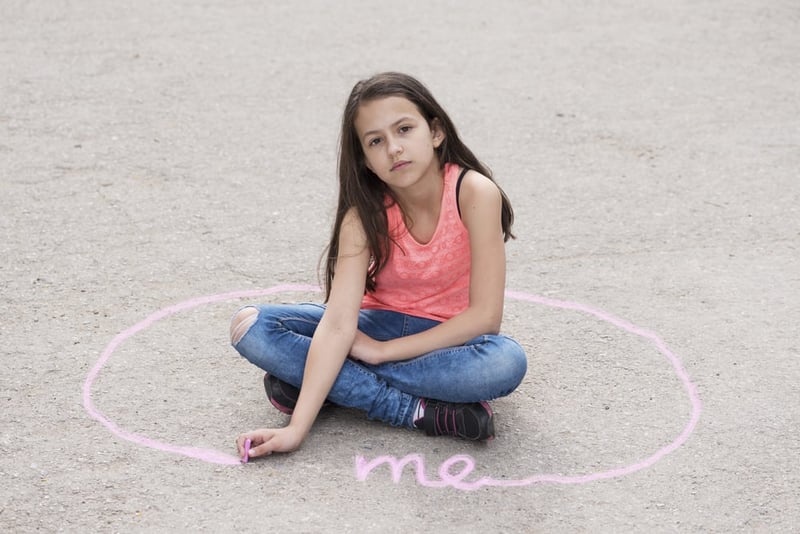Setting Healthy Boundaries

Boundaries are the invisible lines we draw to separate ourselves from others' behaviors. We get to make delineated boundaries about what we are willing to tolerate and not tolerate for ourselves
. We can only be pushed so far, do so much, or take so much abuse. Lacking boundaries can result in codependency, exhaustion, and resentment. These feelings in turn leads to drama, conflict, confusion, and pain.
Setting healthy boundaries doesn't mean walking around with lines or maps to let others know what our boundaries are. At Stonewater Adolescent Recovery Center, we recognize that boundaries are a critical part of the long-term recovery process. Therefore, in all of our addiction treatment programs, we strive to help our residents create clear and healthy boundaries. Furthermore, during our
family recovery support therapy program, we teach the rest of the family how to develop healthy boundaries. To learn about the benefits of boundaries in addiction recovery, please contact Stonewater Adolescent Recovery Center today at 662.373.2828.
The Importance of Boundaries
We have to learn to articulate and communicate our boundaries, as well as define our boundaries through action. For example, sometimes, teens give us an attitude that's undeserved or become aggressive by throwing objects at us out of frustration. While we empathize with their struggle and can have compassion for their overwhelming emotions, we also need to set a healthy boundary. Doing so says, "This behavior is unacceptable to me." Instead of telling the child that they are bad or wrong, we say, I'm not okay with this behavior. If you want to communicate, you're going to have to do it differently." In addition, b oundaries help us maintain our dignity, integrity, and respect for ourselves, our teens, and others. Without boundaries, we live without limitations of what we are able to tolerate. As a result, we exhaust our resources for tolerating what is beyond our limit. Instead of reacting to our teens, we can start responding to them. It's vital to recognize our boundaries and determine when they have been crossed. Then, we can more effectively decide what actions we want to take to enforce our boundaries. Furthermore, we can create consequences for our boundaries being crossed.Three Steps For Setting Healthy Boundaries
The first step in solving any problem is admitting that there is a problem. In order to start setting healthy boundaries, you first need to define where boundaries need to be set. You also determine what those boundaries need to be, and how flexible with your boundaries you are willing to be in each area. Boundaries are not ultimatums, though they can be if necessary. This first step might focus more on defining your boundaries from people invading your personal values and space. The next step will focus on the boundaries you have to set for yourself in regard to other people. In other words, you need to examine your behaviors which lack boundaries in the way that you might overstep your place in other people's lives. It isn't uncommon for parents to develop codependent behaviors which they believe will keep their children safe from drugs and alcohol. It's critical to acknowlege these behaviors in yourself and take steps to fix them. Lastly, it is critical for parents to work with their own therapist in addition to doing family therapy with their teen. Together with your therapist, you can examine your behaviors in your relationship with your child and create a healthy system of boundaries to enforce for yourself and your family.Seek Treatment at Stonewater Adolescent Recovery Center
At Stonewater Adolescent Recovery Center, we're committed to providing long-lasting solutions for the entire family. To that end, we offer a range of addiction treatment programs for teens, including:- Alcohol use disorder treatment
- Heroin use disorder treatment
- Opioid use disorder treatment
- Cocaine use disorder treatment
- Meth use disorder treatment

.jpg)

